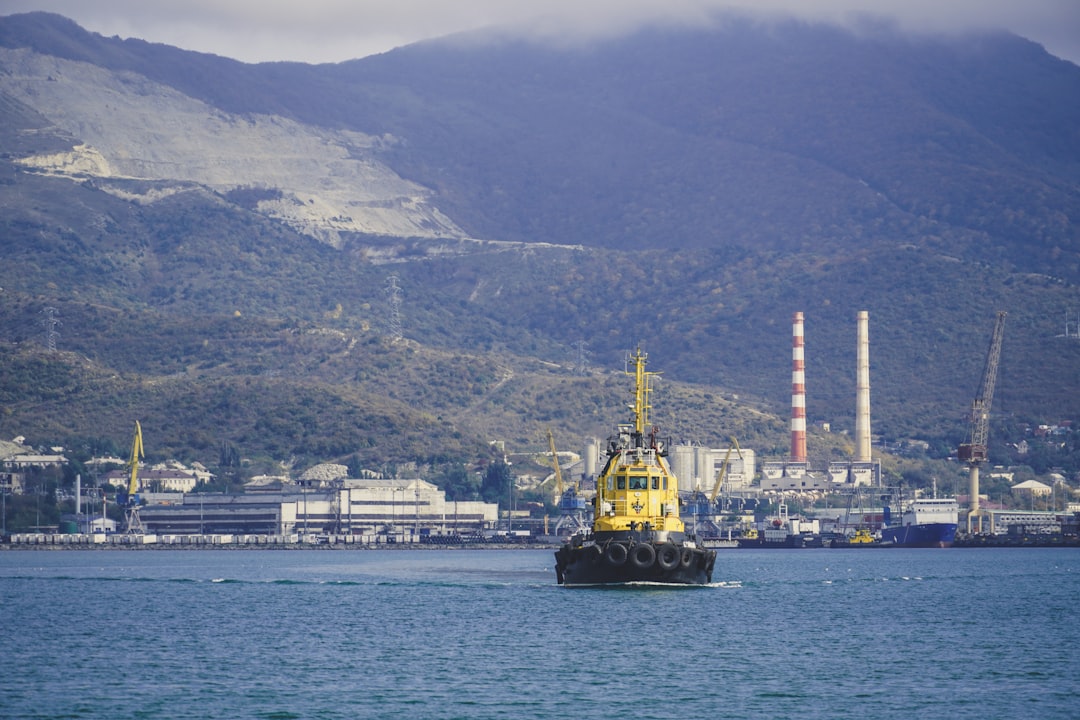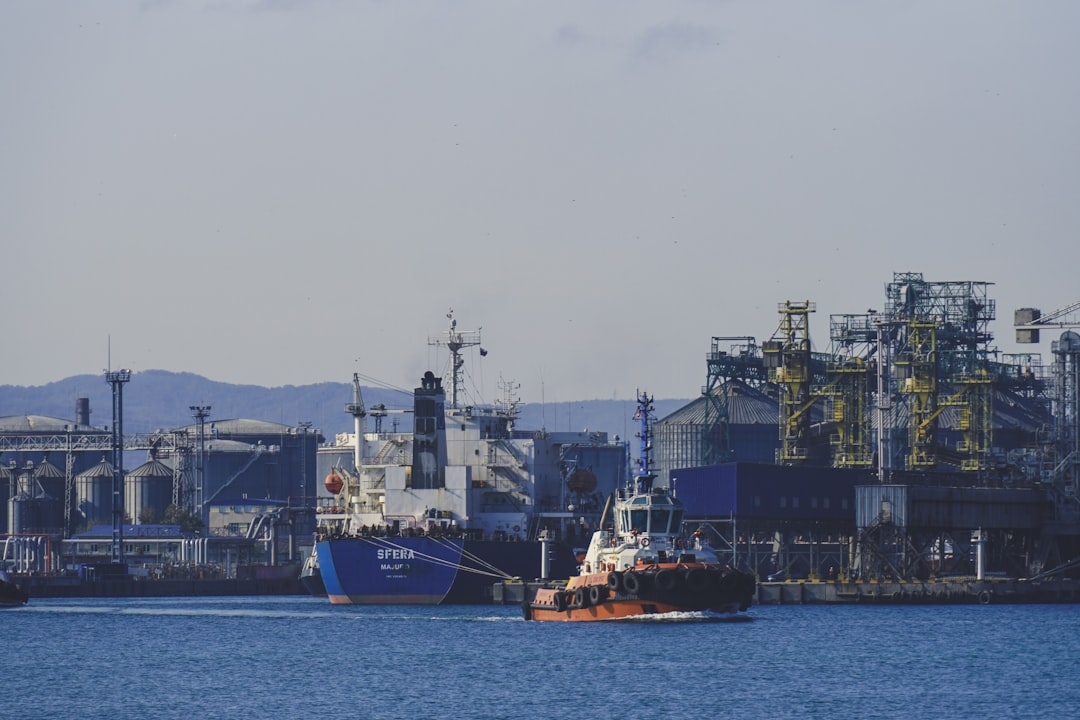how Russia manages shipping issues
Russia, the largest country in the world, faces unique challenges when it comes to managing shipping issues. With its vast territory spanning across multiple time zones and diverse landscapes, efficient transportation and logistics are crucial for the country's economy. In this blog post, we will explore how Russia tackles these challenges and ensures smooth shipping operations.
Investment in Infrastructure
Russia recognizes the importance of a well-developed infrastructure for efficient shipping. Over the years, the government has invested heavily in building and modernizing its transportation networks. This includes expanding and upgrading roads, railways, airports, and seaports across the country. These infrastructure improvements have significantly enhanced Russia's shipping capabilities.
Trans-Siberian Railway
One of Russia's key transportation assets is the Trans-Siberian Railway. Spanning over 9,000 kilometers, this railway connects Moscow with the Far East, providing a crucial link for shipping goods between Europe and Asia. The Trans-Siberian Railway offers faster transit times compared to traditional sea routes, making it an attractive option for time-sensitive cargo.
Arctic Shipping Route
In recent years, Russia has been actively promoting the Northern Sea Route (NSR), an Arctic shipping route that connects Europe and Asia. As the Arctic ice melts due to climate change, this route becomes increasingly navigable, reducing transit times and costs. Russia's strategic position in the Arctic gives it a significant advantage in developing and managing this emerging shipping route.
Icebreaker Fleet
To support Arctic shipping, Russia has invested in a robust icebreaker fleet. Icebreakers are specially designed ships that can navigate through ice-covered waters, ensuring safe passage for vessels. Russia's icebreaker fleet is the largest in the world, allowing it to maintain and manage the NSR effectively.
Customs and Trade Facilitation
Efficient customs procedures and trade facilitation play a crucial role in managing shipping issues. Russia has implemented various measures to streamline customs processes and reduce transit times. The introduction of electronic customs declarations and simplified documentation requirements has significantly improved the efficiency of customs clearance.
Special Economic Zones
Russia has established Special Economic Zones (SEZs) to attract foreign investment and promote trade. These zones offer various incentives, including tax breaks and simplified customs procedures, to facilitate international trade. By leveraging the benefits of SEZs, businesses can navigate shipping issues more effectively and enhance their supply chain operations.
Collaboration with International Partners
Russia actively collaborates with international partners to address shipping issues. It is a member of international organizations such as the International Maritime Organization (IMO) and actively participates in global discussions on maritime regulations and standards. By working together with other countries, Russia aims to develop common strategies and best practices for managing shipping challenges.
Bilateral Agreements
Russia has also signed bilateral agreements with various countries to enhance cooperation in transportation and logistics. These agreements facilitate trade and simplify customs procedures, making shipping more efficient and cost-effective. By fostering strong partnerships, Russia strengthens its position as a key player in the global shipping industry.
Conclusion
Russia's vast territory and unique geographical position present both challenges and opportunities in managing shipping issues. Through significant investments in infrastructure, the development of Arctic shipping routes, streamlined customs procedures, and collaboration with international partners, Russia has made great strides in ensuring efficient shipping operations. As the country continues to focus on improving its transportation networks, Russia's shipping capabilities will undoubtedly contribute to its economic growth and global trade.




